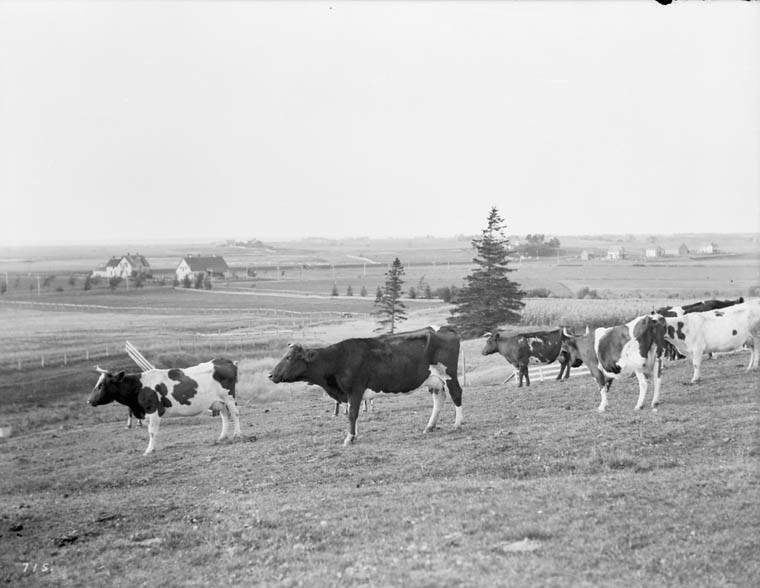Agriculture Minister Gerry Ritz is doing his best to put a brave face on what appears to be a looming train wreck when it comes to getting this year’s crop to market.
While rail movement of 5,000 to 5,500 cars per week to export ports is high by historical standards, grain companies are reporting a backlog of 18,000 cars ordered and not delivered to date, and that backlog is rising by between 1,000 and 2,000 cars per week. The Western Grain Elevators Association says country elevators are about 92 per cent full across the West, while there is lots of space at export terminals.
Read Also

Government silence loud on AAFC cuts
Canada’s federal government trumpets fiscal responsibility; their silence on a day of massive Agriculture and Agri-Food Canada cuts was baffling at best.
Ritz has told industry conferences this month the railway performance is adequate given the size of this year’s crop. He also suggested part of the problem lies with farmers who were slow to forward contract their grain. He said he agrees with the railway’s position that putting more cars on a freeway during rush hour doesn’t make it more efficient.
However, is that “freeway” structured around historic traffic patterns capable of carrying the loads of the future? As farmers continue to invest in production-enhancing technology, are railway investments keeping pace? This year’s harvest may be a sign of things to come rather than an anomaly.
The real story behind this year’s backlog is actually one we’ve heard many times over the past 50 years or so. It is clear that the railways want the freedom to charge what the market will bear for their services and they won’t stop applying commercial and political pressure until they get it. What isn’t clear is whether those services will improve if and when the revenue cap is removed, as the federal agriculture minister is inclined to favour.
In the absence of true competition, the railways are free to carry farmers’ grain to market in the fashion that best suits them, not shippers or export customers. If it maximizes their logistics to move this year’s crop next summer, so be it.
That won’t change until shippers are given the clout they need to hold the railways accountable, either through commercial leverage or adequate legislation.














